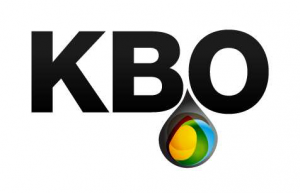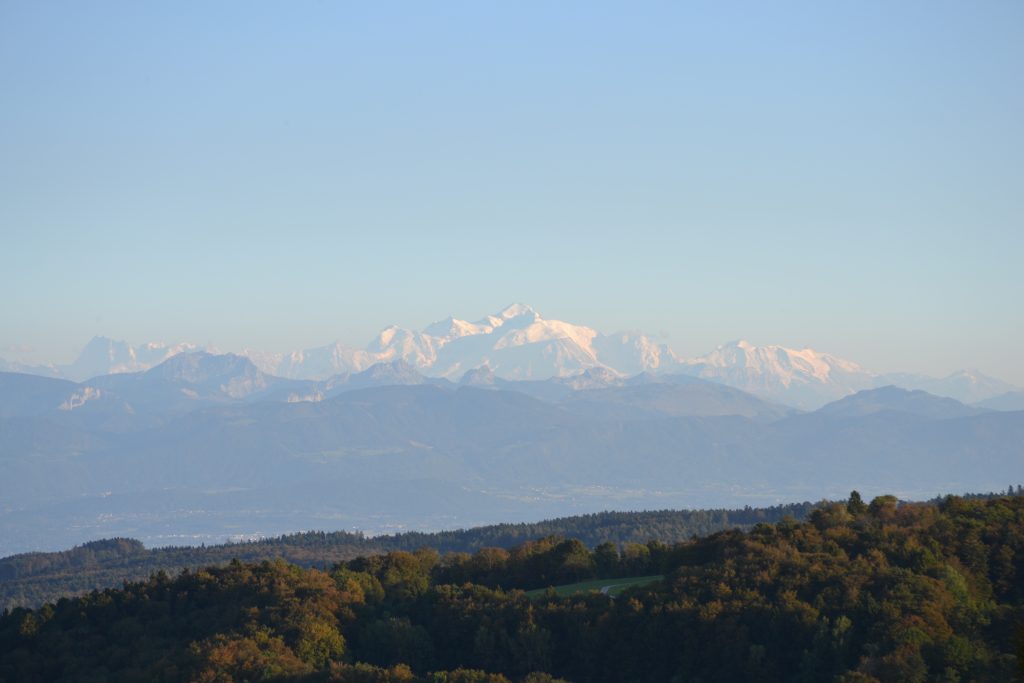Ever since I started my first year as a Bard CEP student, I wanted to intern at an environmental health institution to work on vector-borne diseases whose transmission is facilitated by climate change. This was not only my area of interest but was also my comfort zone.
However, I’ve ended up interning at an oil services company in Switzerland that specializes in the treatment of crude oil sludge. This transition from my comfort zone to a topic that I’m not very familiar with, plus moving to a new country, has been way more interesting than I ever imagined.
oil sludge. This transition from my comfort zone to a topic that I’m not very familiar with, plus moving to a new country, has been way more interesting than I ever imagined.
KB Oil Environmental was established in 2008 in the UK and specializes in finding environmentally sustainable solutions to oil sludge problems.
What is Oil Sludge?
Oil sludge is one of the most significant wastes generated from the petroleum industry during its crude oil extraction, production, transportation, storage and refining processes.
It is a complex mixture containing various amounts of petroleum hydrocarbons (PHCs), water, heavy metals, and solid particles.
Due to the sludge’s hazardous waste, improper or insufficient treatment can pose serious threats to the environment and human health.
Oil sludge disposal methods include dumping it into pits or natural depressions (where most sludge remains today), storing it in valuable crude oil tanks, land-filling, open-air spreading, incineration, oxidation, stabilization and thermal desorption.
However, those methods have a wide range of limitations, including failure to reduce the hazardous constituents of the sludge, in addition to the high capital and maintenance cost.
Environmental and Health Impacts of Oil Sludge
PHCs in oil sludge consist of different fractions of alkenes, alkanes, asphalts and aromatic hydrocarbons.
Various concentrations of those compounds can cause cancer and mutations and can accumulate in living organisms. Due to the resistance nature of those chemicals to biodegradation, they can stay in the environment and accumulate for a long time, posing a continuous threat to people and the environment.
The components of oil sludge diffused in the soil can also disturb seed germination, restrict the growth of plants and contaminate ground and surface water.
Due to its hazardous nature, threats to human health, and environmental impact, more stringent environmental legislation in many oil producing countries has restricted the use of improper sludge disposal options.
However, the recalcitrant nature of oily sludge and the high cost of sludge treatment have prevented environmentally compliant methodologies from being widely practiced.
What Does KBO Do?
KBO was the principal agent behind the use of centrifugal forces to separate the main elements of crude oil sludge – hydrocarbon, water and silts/solids – allowing economic recovery of lost oil and the environmentally responsible disposal of water and solids.
To date, the use of centrifuges presents the most cost-effective and productive means of dealing with crude oil sludge.
KBO has also been instrumental in developing multiple innovative technologies and services to research and treat oil sludge waste. Those include:
- SPINTeCH centrifuge system for oily sludge processing (ST150)
- JeMIX non man-entry tank desludging systems
- Crude oil sludge Topographic and Analytical Survey
- Solv8 on-line routine crude oil sludge control

What Do I Do?
What is really interesting about my work at KBO is that I do all kinds of policy research, cost-benefit analysis, field work and documentation. Some of my responsibilities include:
- Researching the scope and scale of the crude oil sludge problem worldwide, and the volume of crude oil sludge held in key oil producing regions.
- Researching and summarizing existing national and international legislation on crude oil sludge waste.
- Drafting the physical-mechanical and chemical processes involved in the treatment of oil sludge using the KBO ST 150 centrifuge-based system.
My first-year coursework at Bard CEP has greatly helped me perform my responsibilities at KBO. Writing a literature review was very helpful during my research on the oil sludge problem. My communication class also prepared me to craft a good presentation just a few days after I arrived in Switzerland. In addition, my economic research during my spring semester at CEP was one of the main reasons my supervisor was very impressed with my work during the interview process. I am glad to be practicing what I learned throughout my first year at Bard.
Lastly, despite leaving my comfort zone, coming to a new country that speaks a new language, working on a new topic, and meeting new people, I’ve been really glad to overcome my fears and to experience one of the most beautiful and challenging opportunities in my life.

